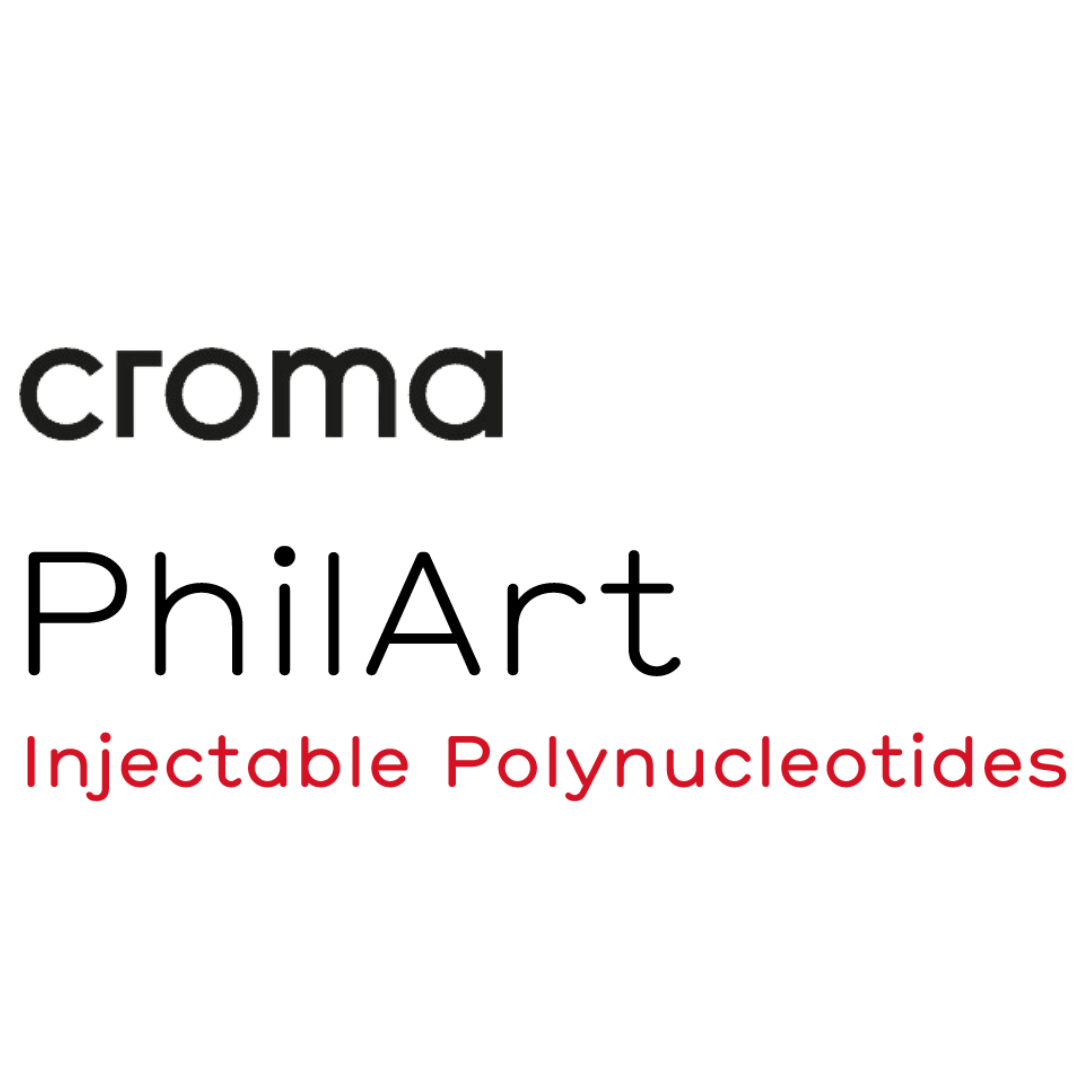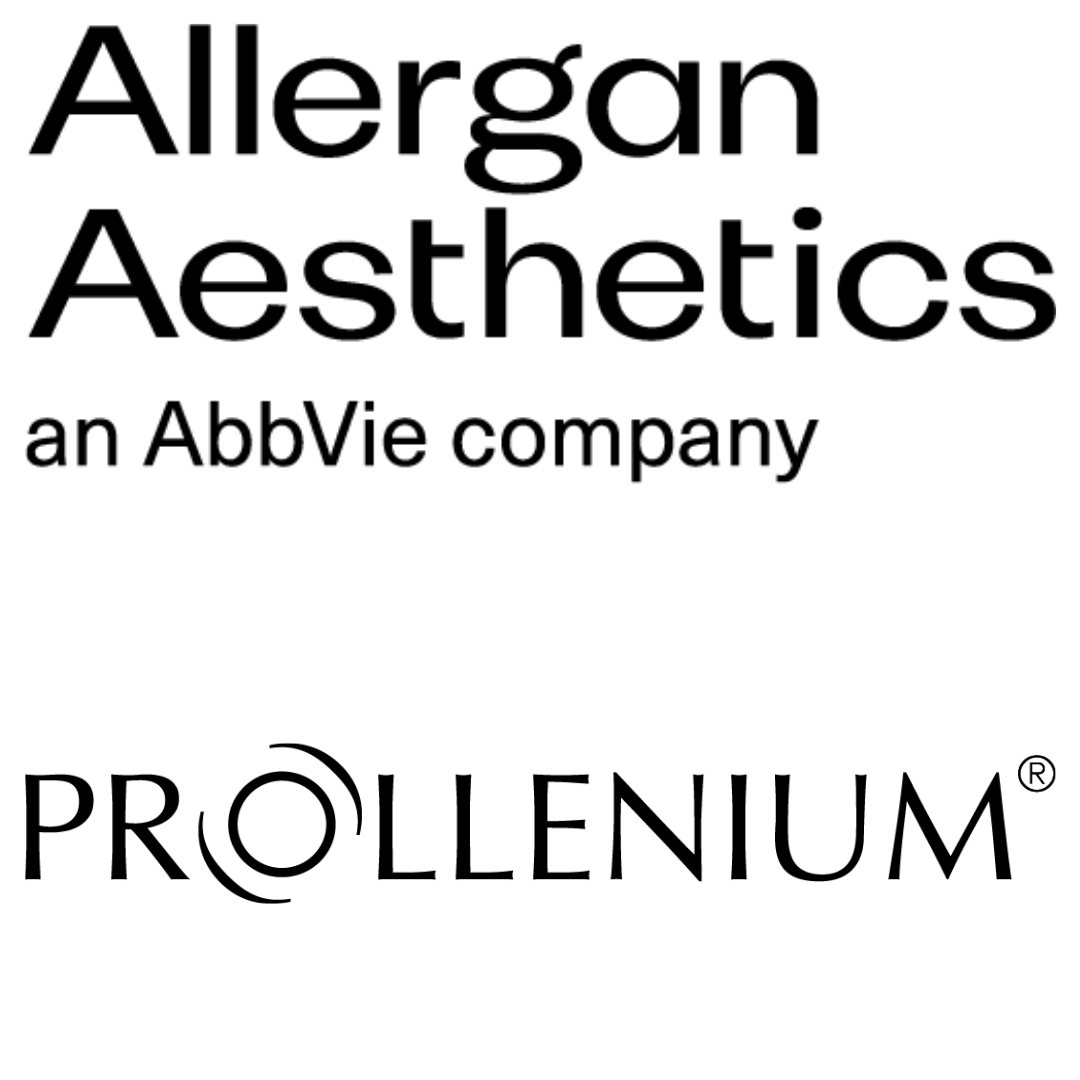Mental Health Screening, Part Of The Aesthetic Consultation Process

At Harley Academy, we have one main goal: to improve patient safety. We’ve been doing this since 2015, by raising educational standards in the aesthetics industry.
Popular cosmetic treatments, such as toxin, fillers and peels, can improve self image, empowering patients’ day to day life. However, screening for mental health disorders is an integral part of aesthetic consultation process.
“Cosmetic beauty clinics to screen customers for mental health problems ahead of procedures” – ITV News, 2019
As a JCCP endorsed aesthetics training provider, we welcome this focus on the consultation process. Especially it being used as a powerful tool to identify psychologically vulnerable patients.
Our Level 7 Diploma in Botox & Dermal Fillers includes a detailed approach to appearance psychology, with this in mind. We underscore the importance of identifying the difference between healthy and unhealthy psychological drivers, for ethical and trustworthy practice.
Harley Academy is proud to have a partnership with the world renowned University of West England’s Centre of Appearance Research. This is the largest research facility focusing entirely on appearance and body image.
We’ve collaborated on creating a cutting edge learning module on psychology in cosmetic practice. This equips our trainees with evidence-based understanding of the drivers for cosmetic treatment alongside diagnostic criteria and management strategy.
Understanding and recognising the symptoms and signs of body dysmorphia is essential for deciding when not to treat an aesthetic patient. Treatments will only cause additional psychological distress to a vulnerable patient with BDD. Conversations with these patients also take considerable skill and empathy, particularly in order to persuade them to engage with necessary onward referral.
“Cosmetic procedures: Firms warned over ‘duty of care’.” – BBC News, 2019
Modern life, including the idealised images we all see on a daily basis, can lead to pressure to look a certain way. This applies to patients and, indeed, to ourselves as practitioners. We’re proud of our community of over 1,000 medical professionals committed to their duty of care to prevent avoidable harm to patients. Our movement, elevating the standards in aesthetic medicine, is only becoming more powerful as the drive towards improved aesthetics industry regulation moves forward.
Dr Kalpna Pindolia, Clinical Education Lead
An aesthetic doctor, trainer, assessor and GMC appraiser, Dr Pindolia is dedicated to a holistic approach to the individual, from both medical and psychological perspectives. With a true passion for empowered education in the aesthetics sector, she is dedicated to the experience and success of our student community.
All information correct at the time of publication. Article last fact-checked: 11 January 2023












